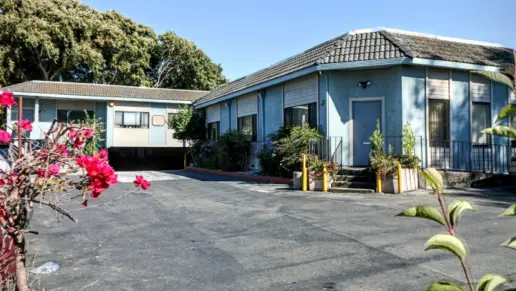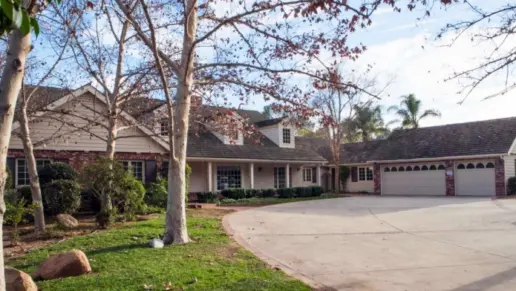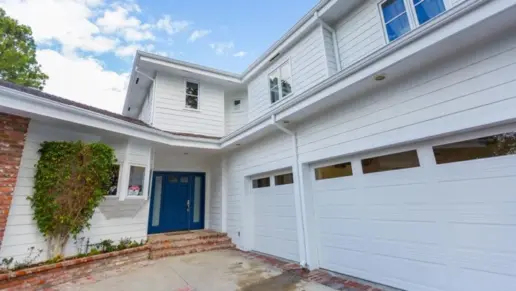About First Step Recovery Center
First Step Recovery Center, located in Victorville, California, provides alcohol and drug rehab services to adults. Their levels of care include intensive outpatient programs (IOP), medication-assisted treatment (MAT), and outpatient treatment.
The medication-assisted treatment program combines FDA-approved medications with mental health counseling. Clients work with staff to identify their core reasons for using addictive substances so they can create new, healthy coping patterns and address underlying issues. They also create a relapse prevention plan.
The intensive outpatient program meets three times per week, for three hours at a time. Individuals engage in mental health counseling, group counseling, relapse prevention planning, skills-building classes, and educational programming. Topics include emotional regulation, working through triggers, and how to repair relationships.
The outpatient program provides the opportunity to work with a mental health counselor to address issues pertaining to addiction and dual diagnosis, along with life challenges.
First Step Recovery Center accepts most insurance plans, including Amerigroup, Anthem, Beacon, Magellan, Cigna, and ComPsych. Out of network benefits may vary, so it’s important to verify coverage with your provider prior to starting treatment.
Facility Overview
Gallery
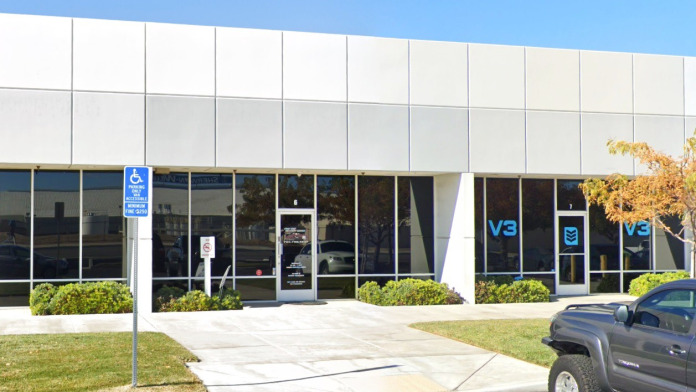
Location
Other Forms of Payment
Self-pay involves paying for treatment out of your own pocket. You can use savings or credit, get a personal loan, or receive help from family and friends to fund your treatment. If you don't have insurance or your insurance plan doesn't cover a specific program, self-pay can help ensure you still get the care you need.
Private insurance refers to any kind of healthcare coverage that isn't from the state or federal government. This includes individual and family plans offered by an employer or purchased from the Insurance Marketplace. Every plan will have different requirements and out of pocket costs so be sure to get the full details before you start treatment.
Medicare is a federal program that provides health insurance for those 65 and older. It also serves people under 65 with chronic and disabling health challenges. To use Medicare for addiction treatment you need to find a program that accepts Medicare and is in network with your plan. Out of pocket costs and preauthorization requirements vary, so always check with your provider.
Addiction Treatments
Levels of Care
Treatments
The goal of treatment for alcoholism is abstinence. Those with poor social support, poor motivation, or psychiatric disorders tend to relapse within a few years of treatment. For these people, success is measured by longer periods of abstinence, reduced use of alcohol, better health, and improved social functioning. Recovery and Maintenance are usually based on 12 step programs and AA meetings.
Drug rehab in California teaches participants constructive ways to stay clean and sober. Treatment revolves around helping individuals stop using the substance they are addicted to and learn healthy habits to avoid relapse.
First Step Recovery Center is capable of providing informed treatment for clients with alcohol or other substance use disorders who also suffer with mental illness, such as depression, anxiety disorder, panic disorder, PTSD, bipolar disorder, and other disorders. Many symptoms of these disorders will be improved markedly once the primary addiction is treated properly; however, they firmly believe in taking each client’s case on an individual basis and in providing whole-person care by not just treating the substance, but by also treating each individual from the High Desert and beyond as a complete being.
A combined mental health and substance abuse rehab has the staff and resources available to handle individuals with both mental health and substance abuse issues. It can be challenging to determine where a specific symptom stems from (a mental health issue or an issue related to substance abuse), so mental health and substance abuse professionals are helpful in detangling symptoms and keeping treatment on track.
Opioid rehabs specialize in supporting those recovering from opioid addiction. They treat those suffering from addiction to illegal opioids like heroin, as well as prescription drugs like oxycodone. These centers typically combine both physical as well as mental and emotional support to help stop addiction. Physical support often includes medical detox and subsequent medical support (including medication), and mental support includes in-depth therapy to address the underlying causes of addiction.
Programs


Clinical Services
Research clearly demonstrates that recovery is far more successful and sustainable when loved ones like family members participate in rehab and substance abuse treatment. Genetic factors may be at play when it comes to drug and alcohol addiction, as well as mental health issues. Family dynamics often play a critical role in addiction triggers, and if properly educated, family members can be a strong source of support when it comes to rehabilitation.
Group therapy is any therapeutic work that happens in a group (not one-on-one). There are a number of different group therapy modalities, including support groups, experiential therapy, psycho-education, and more. Group therapy involves treatment as well as processing interaction between group members.
In individual therapy, a patient meets one-on-one with a trained psychologist or counselor. Therapy is a pivotal part of effective substance abuse treatment, as it often covers root causes of addiction, including challenges faced by the patient in their social, family, and work/school life.
Amenities
-
Private Setting
Staff & Accreditations
Staff
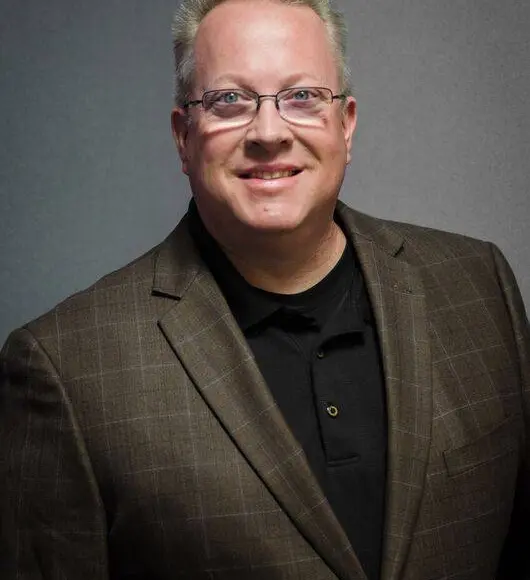
President

CEO
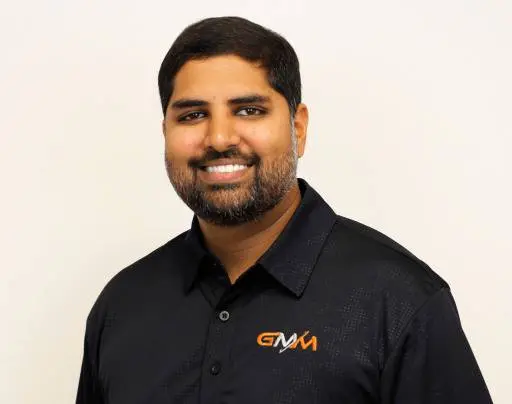
COO
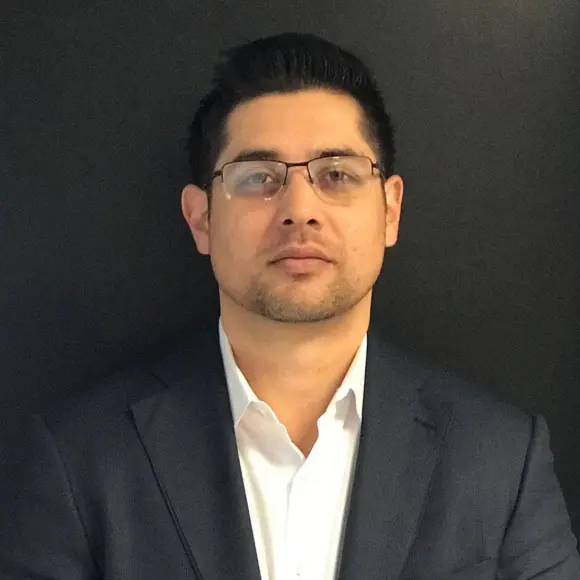
CFO
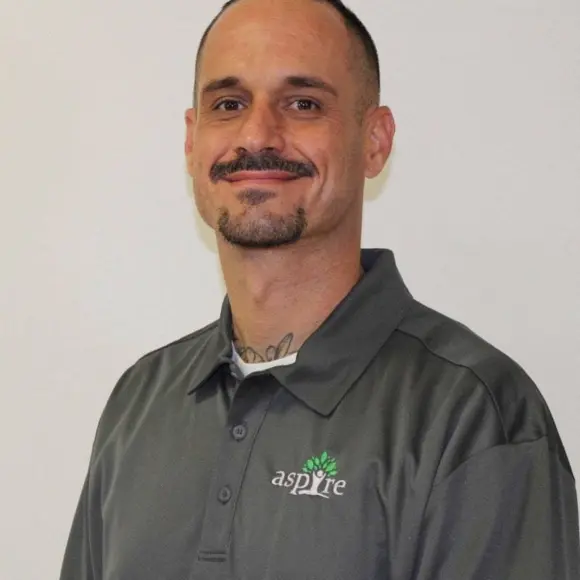
Director of Patient Engagement
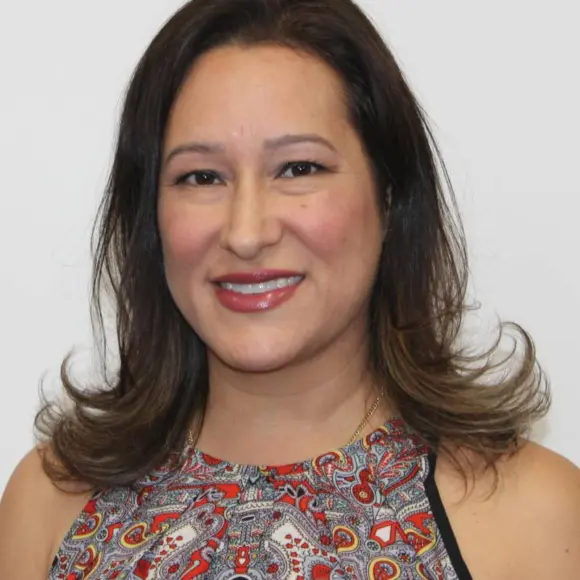
Division Chief Executive Officer
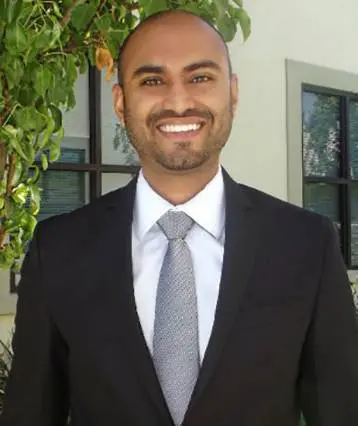
Medical Director
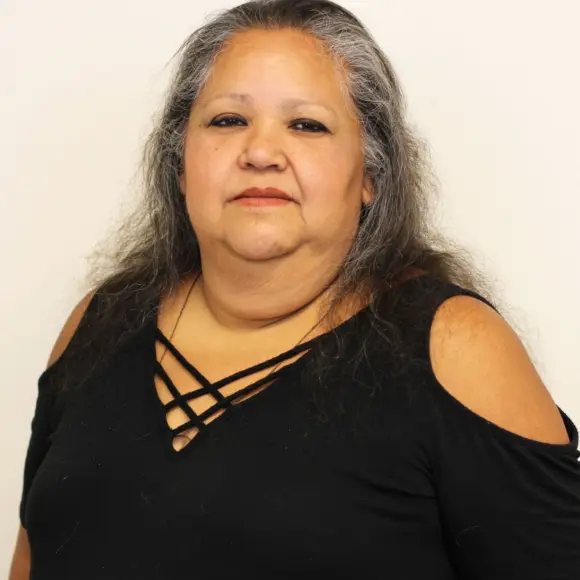
Director of Quality
Accreditations

The Commission on Accreditation of Rehabilitation Facilities (CARF) is a non-profit organization that specifically accredits rehab organizations. Founded in 1966, CARF's, mission is to help service providers like rehab facilities maintain high standards of care.
CARF Accreditation: Yes
Contact Information
12402 Industrial Boulevard
Suite B-6
Victorville, CA 92395
